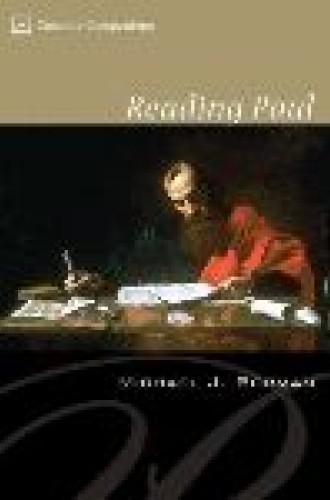BookMarks
Reading Paul is a very accessible introduction to the theology of the apostle Paul. Gorman writes with the conviction that we read Paul best when we read him as speaking to us for God. Reflecting much of the new scholarship on Paul, Gorman doesn’t think that Paul’s gospel is about a narcissistic preoccupation with individual salvation, but rather about how, through the life, death and resurrection of Jesus, God has intervened in history to establish a new theopolitical order that challenges both imperialism and tribalism. Perhaps Gorman’s most distinctive chapter, which is also the longest, works out the implications of this gospel for Christian community and Christian living. Christian living, he argues, is a cruciform life, one that is self-emptying and self-giving. Like Richard Hays (The Moral Vision of the New Testament), Gorman believes that Paul’s gospel calls the church to eschew violence and to engage in a ministry of peacemaking and reconciliation.
Sacred Harp refers to a hymnbook first published in Georgia in the 1840s and repeatedly updated, most recently in 2003. But it also refers to a style of singing—participants sit in sections facing each other and sing four-part harmonies a capella. Eastburn traveled all over the country to observe and experience Sacred Harp singing groups in different locales. She discovered that people who sing together bond together.






